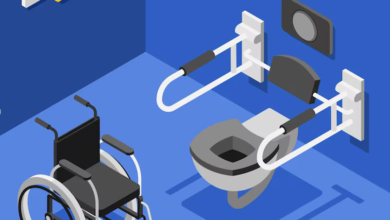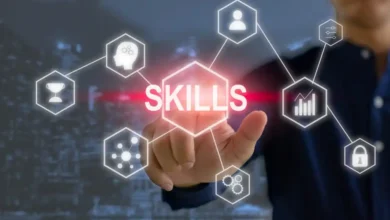What Competitive Learning Can Teach Us About Skill Development

Learning does not always happen best in quiet classrooms or slow-paced tutorials. At times, it takes a little pressure and a strong sense of competition to truly improve. This is where competitive learning comes in. It focuses on structured challenges that push you to concentrate, adapt, and perform at your best.
A competitive environment encourages you to think more quickly, maintain focus, and learn from results, whether you are developing a new skill or testing what you already know.
The Psychology of Competitive Learning
Competition changes the way people learn. When there is something at stake, whether it is bragging rights, a leaderboard spot, or even a small prize, the brain becomes more alert.
That pressure can boost motivation and focus, encouraging you to pay closer attention, think faster, and make sharper decisions. The goal is not about winning every time. It is about learning faster because the challenge demands it.
When placed under pressure, the mind works harder. Information is retained more effectively, adaptability increases, and engagement lasts longer. Structured competition often leads to deeper, more active learning than passive study.
Feedback is also central to the process. In competitive learning, every outcome provides feedback. Win or lose, you gain immediate insight into what worked and what did not. This rapid cycle of action, result, and adjustment helps improve performance over time.
Take live casino tournaments as an example. Every hand you play is a chance to refine your strategy. The real-time pace, the leaderboard pressure, and the constant feedback from wins and losses create an intense but effective environment. It is not just about playing better; it is also about learning better.
Structured Challenges vs. Passive Learning
Structured learning, characterised by rules, clear goals, and regular feedback, pushes you to grow. You know what you are aiming for. There is a framework, checkpoints, and sometimes even mentorship. That clarity helps you progress with purpose.
In contrast, passive learning can be less effective, such as simply watching, listening, or reading without taking action. You may absorb information, but much of it fades without practice. Engagement is often limited, and you do not always receive cues about what you are doing right or wrong.
Structured formats provide repetition, measurable outcomes, and timely correction. Doing something, receiving feedback, adjusting, and repeating the action helps you improve steadily. Over time, minor improvements accumulate. Even if the challenge feels uncomfortable, the pressure reinforces learning.
When learning happens within structure, you build confidence. You understand not only what works, but also why. That knowledge becomes invaluable when the stakes rise, because you have already practised in realistic and active settings.
Learning Through Observation and Adaptation
Watching others in action, particularly top players, is more than entertainment. It is a shortcut to learning. Observational learning allows you to absorb strategies, timing, and decision styles without relying solely on trial and error. You see what works and what fails, then adapt accordingly.
Competitive environments are filled with unpredictable factors such as how opponents react, changes in bet sizes, speed of play, or dealer behaviour. Observing someone who manages these challenges effectively shows you how to stay flexible under pressure.
Top performers also provide benchmarks. By comparing your choices with theirs, you identify gaps in your play, whether in strategy, risk-taking, or timing. This accelerates growth because you are not just learning theory. You are applying lessons in context. Reflection after observation helps turn those insights into lasting improvement.
Building Resilience and Confidence
Real growth occurs when you are pushed. This is how resilience and mental toughness develop. Facing repeated challenges teaches you not only how to act but also how to recover when things go wrong.
It is much like building muscle. Each time you recover from a setback, you grow stronger. Research shows that resilience is closely linked to how well learners manage stress and maintain motivation.
Competition also strengthens composure. When the pressure is high, staying calm rather than panicking becomes second nature. Over time, you trust yourself more. You learn to handle surprises, tight situations, or difficult outcomes without losing focus.
Confidence builds as you track progress, review mistakes, and recognise that even losses contribute to growth. Pushing your boundaries, even in small ways, develops assurance. When things become intense, you know you can stay in control, and that confidence makes a lasting difference.
Pressure Builds Progress
If you want to grow, you need to challenge yourself. Competitive learning pushes you to think more clearly, act faster, and adapt purposefully. It is not about perfection. It is about showing up, staying focused, and learning from every move. Pressure is not a barrier in games or in life. It is a training ground that prepares you for progress.





